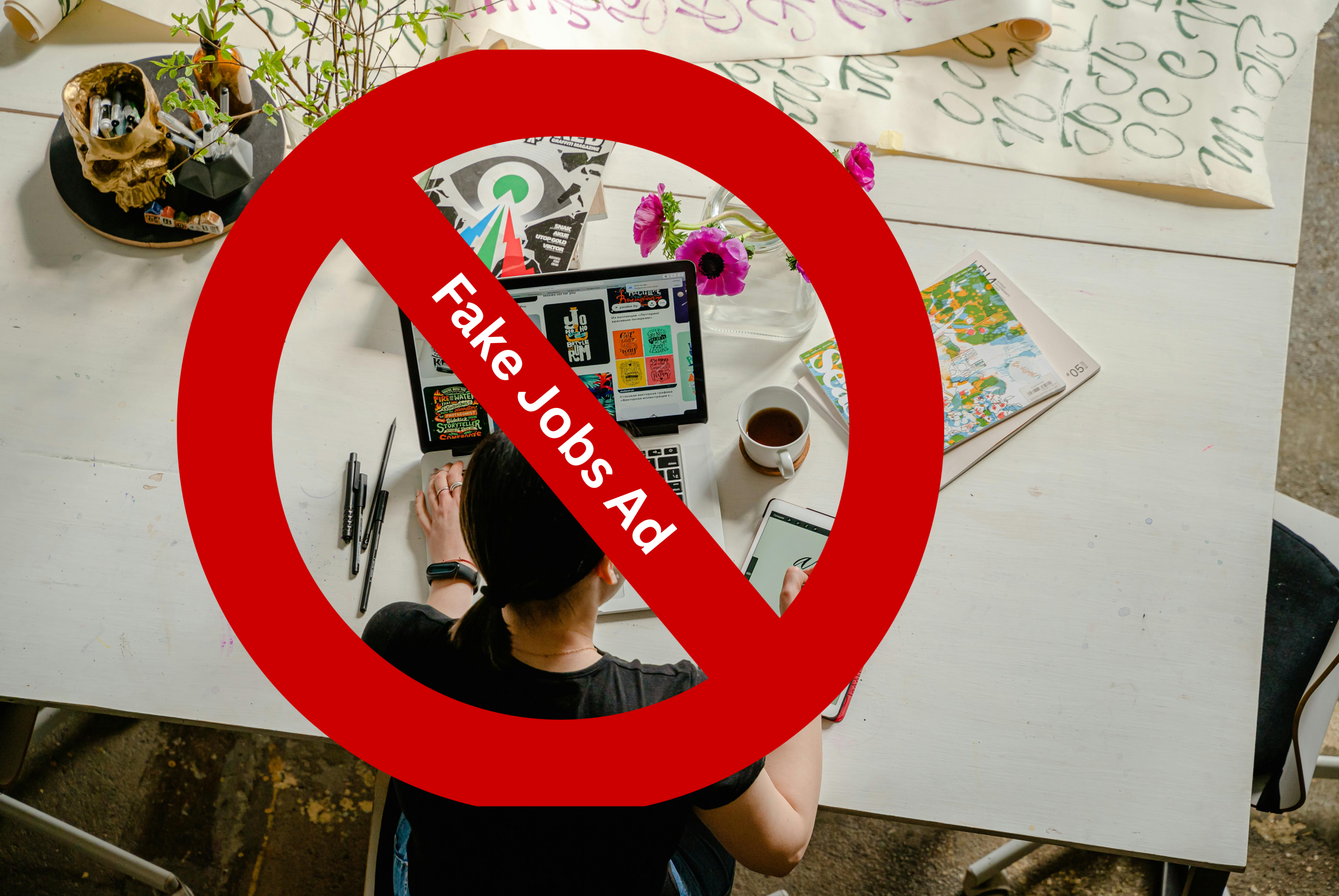Your first job. Exciting stuff. You’re fresh out the gate, nervous and hungry to prove yourself. But before you start hustling and hitting deadlines, there’s one thing you need in your back pocket. Not coffee. Not your CV. Labour law.
Sounds stiff, right? Like something only HR managers worry about. But nope. This one’s yours too. It matters more than you think.
Because when stuff hits the fan—late payments, shady bosses, dodgy hours—it’s the law that stands between you and being exploited.
So, here’s the deal. Let’s break down the basics. No lectures. No jargon. Just what you need to survive your first steps into the working world.
The Labour Relations Act: Your Legal BFF
Every hero’s got backup. For employees? That’s the Labour Relations Act. It’s the book that lays out your basic rights. And no, it’s not just for veterans who’ve been working for 20 years. Even if you’re new, the law sees you.
You’ve got rights. Like joining a union. Or refusing unfair treatment. You’re protected from being fired without cause. And from being treated like you’re less-than.
If someone at work crosses the line, this Act’s got your back.
Your Employment Contract: Read Every Word
Most people rush this part. Don’t. That contract you’re about to sign? It’s not just paperwork. It’s a deal that outlines your pay, hours, leave, duties—all the grown-up stuff.
Read it. Slowly. Every sentence.
Check for your title. Check your working hours. Check your leave days. If something seems off or unclear, don’t just shrug and hope for the best. Ask. Speak up. It’s better to be annoying now than confused later.
Because once you sign, you’re in. That’s your rulebook now.
Working Hours and Overtime: Don’t Get Exploite
You’re human. Not a robot. There are limits to how much you can legally be expected to work.
Weekly max? 45 hours. Per day? 9 hours if you work five days. 8 hours if it’s more.
Anything more than that? That’s overtime. And that’s optional. Yes, you can say no. If you do agree, it must be paid at 1.5 times your normal rate. No freebies.
Heads up though—if you’re earning above a certain threshold (which changes now and then), some of those rules shift. Know where you fall. Don’t guess.
Leave: Not a Luxury, a Right
Breaks matter. Your mind, body—they need rest. And the law agrees.
Annual leave? That’s yours. 21 consecutive days, or 15 working days per year. You earn it over time. It’s not something your boss gifts you when they’re feeling generous. It’s your right.
Sick leave’s there too. You’re covered for 30 working days over a 3-year cycle. But in the first 6 months? You get 1 day for every 26 you work. Fair deal.
Got family stuff? There’s family responsibility leave—3 days a year. Maybe your kid’s sick. Maybe there’s a funeral. You don’t need to beg.
And maternity leave? Four months. Unpaid, sure. But your job is protected. No, they can’t fire you just ‘cause you’re pregnant. That’s illegal.
Minimum Wage: Know What You Should Be Paid
Don’t work for peanuts. It’s not noble. It’s not “just how things are.” There’s a national minimum wage. Employers must stick to it. No exceptions.
Right now, it’s R27.58 per hour (2025 rate). That’s the floor. Not a suggestion.
Some jobs—like domestic or farm work—have slightly different rates. But they’re still protected. If you’re earning less than the legal minimum, that’s wage theft. And you’ve got every right to make noise.
Dismissals: What’s Fair and What’s Not
Getting fired sucks. That moment when your boss says “We need to talk”? Terrifying. But hey—how you’re let go matters. Big time.
There’s a legal way to do it. You can be dismissed for valid reasons—like misconduct, poor performance, or retrenchment. But even then, they have to follow a process.
You need written notice. A hearing. A chance to explain your side. Warnings first, if it’s something small.
They can’t just scream “You’re fired!” because you showed up five minutes late once. Or because you’re pregnant. Or because you asked about overtime pay. That’s unfair. And illegal.
Probation Periods: Your Trial Run
So you’re on probation. Big deal? Sort of. It’s a trial period—3 to 6 months usually. Your boss is figuring out if you’re a good fit. But don’t get it twisted—being on probation doesn’t mean you’ve got zero rights.
You still can’t be fired without a good reason. They still need to give feedback. You must be given a chance to improve if you mess up.
It’s not a free-for-all where they can drop you just because they feel like it. If they don’t follow the right steps? You can challenge it.
Workplace Harassment and Bullying: Not Part of the Job
Let’s get this straight. Harassment ain’t part of the “culture.” It’s not something you should just deal with.
If someone’s making your life hell at work—whether it’s sexual comments, threats, shouting, creepy stares—you’ve got every right to push back.
Document it. Dates. Times. What was said. Who was there. Tell your manager. Or HR. Or your union. If they do nothing? Hello, CCMA.
Because your dignity? It doesn’t clock out when you clock in.
Trade Unions: You’re Allowed to Organize
Worried that joining a union might get you in trouble? Don’t be.
South African labour law protects union members. You’ve got every right to join one. To organise. To negotiate. To protest—peacefully.
Unions aren’t just for angry crowds and long meetings. They’re power. They’ve got lawyers. Negotiators. People who know the game. When things go south, unions can stand in your corner when no one else will.
CCMA: Your Workplace Courtroom
When talking fails. When HR ignores your emails. When your boss crosses the line. That’s when you call in the big guns—the CCMA.
It’s free. It’s fast. It’s fair.
You lodge a case. They call both sides in. First, there’s conciliation—a casual sit-down to try sort things out. Doesn’t work? Then arbitration. More formal. But still worker-friendly.
You don’t need a fancy lawyer. Just the facts. Your story. Your documents.
Thousands go through the CCMA every year. And many win. So don’t think it’s hopeless. You’ve got options.
When Things Go Really Wrong: Whistleblowing
You see something illegal. Dodgy stuff. Fraud. Bribes. Maybe safety shortcuts. You wanna speak up but you’re scared.
Enter the Protected Disclosures Act.
This law shields you. You can report dodgy dealings inside the company, or to bodies like the Public Protector. Done right, they can’t fire or punish you for it.
It’s not easy, being the one who speaks up. But sometimes it’s necessary. And now, at least, you know the law’s got your back.
Workplace Safety: It’s the Law
Ever worked in a place that just felt… dangerous? No helmets. Exposed wires. Broken windows. Not okay.
Your employer has a legal duty to keep you safe. That’s the Occupational Health and Safety Act in action.
They must give you proper gear. Train you. Warn you about risks. And if you ever feel in danger, you have the right to refuse to work until it’s fixed.
Safety isn’t a suggestion. It’s a law.
Final Thoughts: Own Your Power
You don’t need to know every law by heart. You just need to know they exist. That you’re not powerless. That being new doesn’t mean being voiceless.
Ask questions. Speak up. Push back.
The workplace can be wild. But when you’ve got the law in your corner? You’re not just surviving. You’re thriving.
You’ve got this.
Useful Resources
- www.labour.gov.za
- www.ccma.org.za
- www.nwu.ac.za/labour-law-clinic
- National Minimum Wage Act
- Basic Conditions of Employment Act








